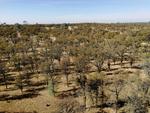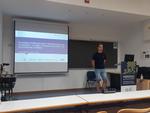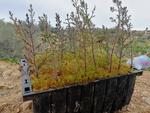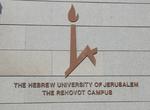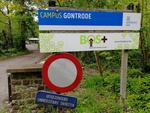Ecosystem services through restoration
Improving restoration outcomes through trait-based modelling
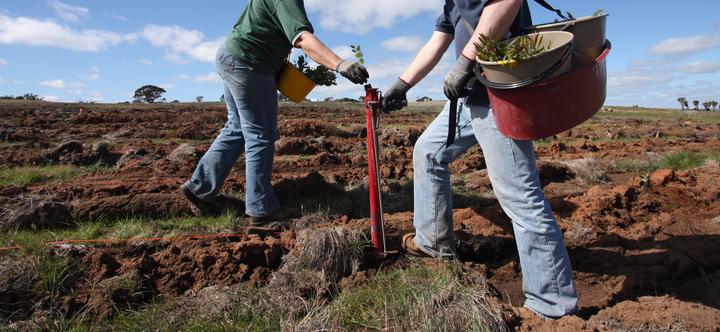 Photo by Cristina E. Ramalho, 2010
Photo by Cristina E. Ramalho, 2010
Mediterranean-type ecosystems (MTEs) appear to be among the ecosystems that are most at risk to multiple global change, which are likely to exacerbate the contemporary decline of ecosystem services (ESs). Ecosystem restoration projects increasingly aim at improving multiple ESs, and therefore we require a fundamental understanding of the link between ecosystem composition, related functions and ESs, and influencing environmental drivers. Species traits have been recognised as a quantifiable link between ecosystem composition and ecosystem functions, which provide the base for the provision of ESs. Trait-based research, however, that addresses trade-offs among multiple ESs under the impact of multiple environmental factors to reliably support future restoration outcomes is still missing.
The project aims at assessing the linkage between plant traits and the provision of ESs and trade-offs among them under the impact of environmental change to improve future restoration outcomes in MTEs. Therefore, a simulation model that links ecosystem composition described by its traits, ecosystem functions, and the provision of ESs of MTEs will be developed in close cooperation with study sites in MTEs world-wide. Species assemblages towards multiple ES provisioning will be detected that minimise trade-offs among ESs taking account of environmental change.
Sebastian Fiedler
Postdoctoral researcher
I am a researcher in the Department of Plant Ecology at the Technische Universität Berlin in Germany. I am applying simulation modelling and empirical approaches to assist restoration of degraded ecosystems people rely on for their well-being.
